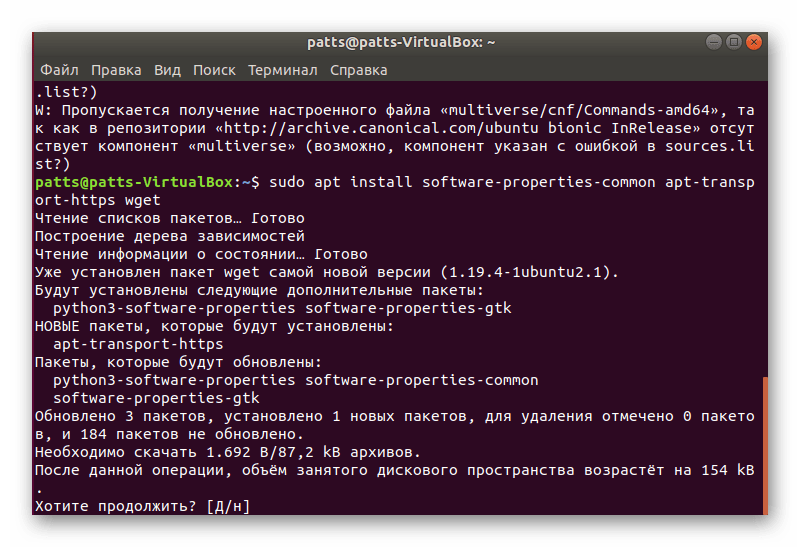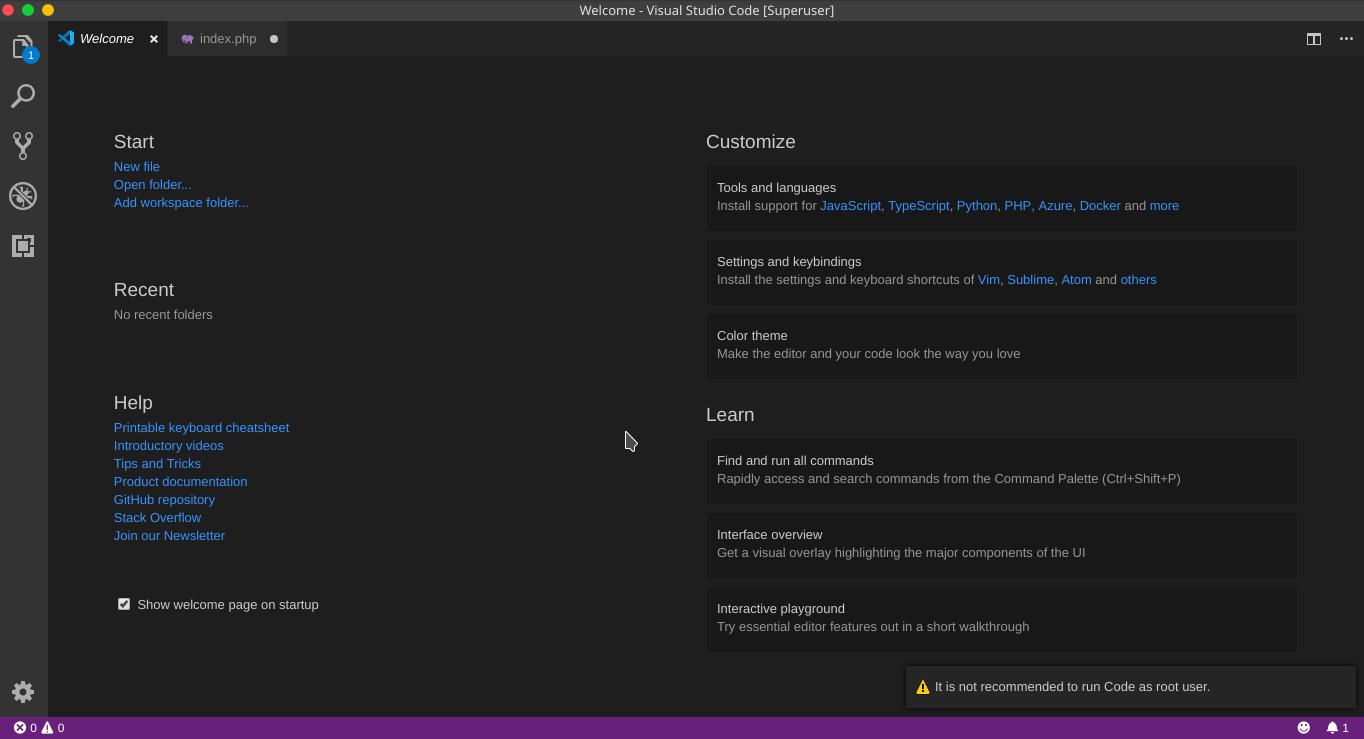

On Debian, Ubuntu and its derivatives, run these commands to to import VS Code signing key and add VS Code repository: $ sudo apt-get install wget gpg To install VS Code from AUR, you can either use Paru or Yay helpers. Microsoft developers has also made VS Code repositories for a few Linux distributions to make the installation process even easier.įor Arch Linux and its variants like EndeavourOS and Manjaro Linux, a community-maintained AUR for VS Code. If snap support is enabled on your Linux system, you can install Visual Studio Code using the following command: $ sudo snap install code -classic Install Visual Studio Code from Repository Visual Studio Code is available in Snap Store as well. If you're on RPM-based systems, for example Fedora, the command to install Code is given below: $ sudo dnf localinstall code-1.74.86_64.rpm Install Visual Studio Code from Snap Store Next, run the following command to install missing dependencies: $ sudo apt-get install -f Processing triggers for shared-mime-info (2.1-2). Processing triggers for desktop-file-utils (0.26-1ubuntu3). Processing triggers for gnome-menus (3.36.0-1ubuntu3). Processing triggers for mailcap (3.70+nmu1ubuntu1). 258240 files and directories currently installed.) Sample Output: Selecting previously un-selected package code. Go to the Visual Studio Coded official download page and download the suitable installer file for your Linux distribution.Īfter downloading the installer file, install it depends on your distribution type. Microsoft Visual Studio Code editor is available in. This will add the VS Code repository automatically, so you can update VS Code using the default package manager at any time. The easiest way to install Visual Studio Code editor is to download the respective installer package and install it using your distribution's package manager.


Install Visual Studio Code using Installer File


 0 kommentar(er)
0 kommentar(er)
